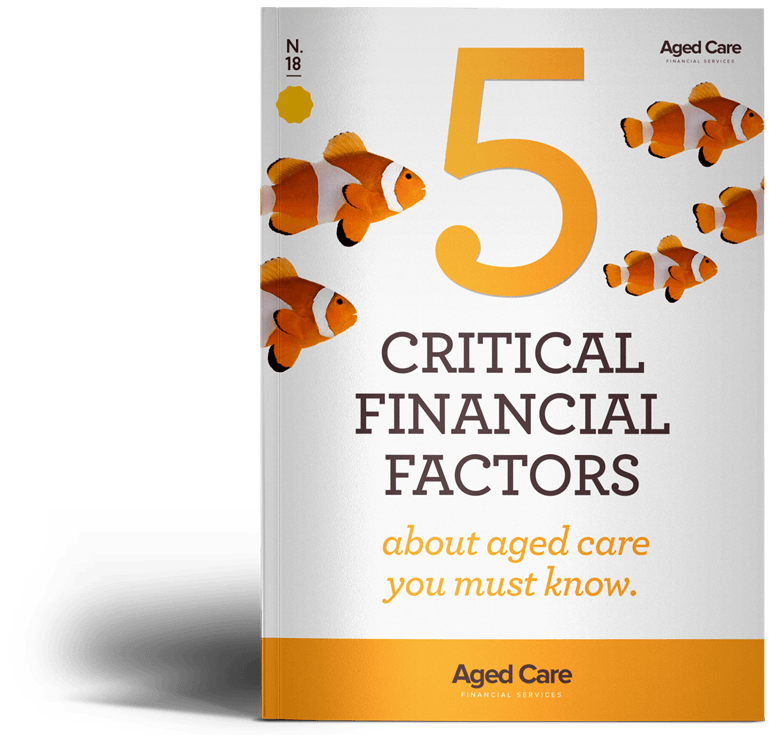Retirement is a life-changing event, and as people adjust to this new lifestyle, they also need to think differently about their income and finances.
In retirement priorities typically change from saving in preparation for leaving the workforce, to carefully spending those hard-earned savings. It’s likely that the initial focus will be to find a way to replace wages with cash flow from other sources. There is no single retirement solution that suits all situations; with more than one investment strategy and more than one product being required. So it’s important to seek professional help from a properly qualified and experienced ffinancial adviser – it can make all the difference to a financially successful retirement.
Beth Hourigan, Principal and Social Commentator from Aged Care Financial Services, says that when considering how much money you may need to live on in retirement and through the “Golden Years” of your life, there are some really important questions to ask yourself:
- What funds do I need each week, each month, and every year for an acceptable standard of living?
- What’s my likely life expectancy, and how long will my retirement savings need to last?
- If something happens to me what’s the impact on my spouse, children or grandchildren?
- If I need to go into residential aged care, or have extended in-home help, how will it be paid for?
- Who can I trust to make important financial and medical decisions for me if I lose capacity?
It’s likely that a good financial planner will recommend your retirement income should come from more than one source. Typically this would include:
- Age Pension
- An annuity, from within or outside of super
- An account-based pension, from super
- Savings, held outside super
- Investments, held outside super
Income from various sources can be ‘layered’ to meet your income requirements to cover your essential costs of living, while your income from other sources can fund your discretionary spending. This approach can also allow your more growth-oriented assets to remain invested, so they can continue to grow.
The composition of retirement income requires careful planning to manage increases in the cost of living as well as market fluctuations and lifestyle eventualities, such a move into residential aged care.
Some of the types of investments commonly used by financial planners, and that can sit within a super fund (personal or self-managed superannuation fund) or outside superannuation are:
Term deposits – is a fixed term, fixed interest savings account. Terms generally range from one month to five years.
Shares – pay income in the form of dividends, can invest in shares directly or via managed funds (or account-based pensions).
Property – as investments, meaning real estate which has been purchased with the intention of earning a return on the investment, either through rent, the future resale of the property, or both. Another type of property investment is a property trust, which is a managed fund that enables investors to pool their money to purchase an interest in a portfolio of real estate assets



